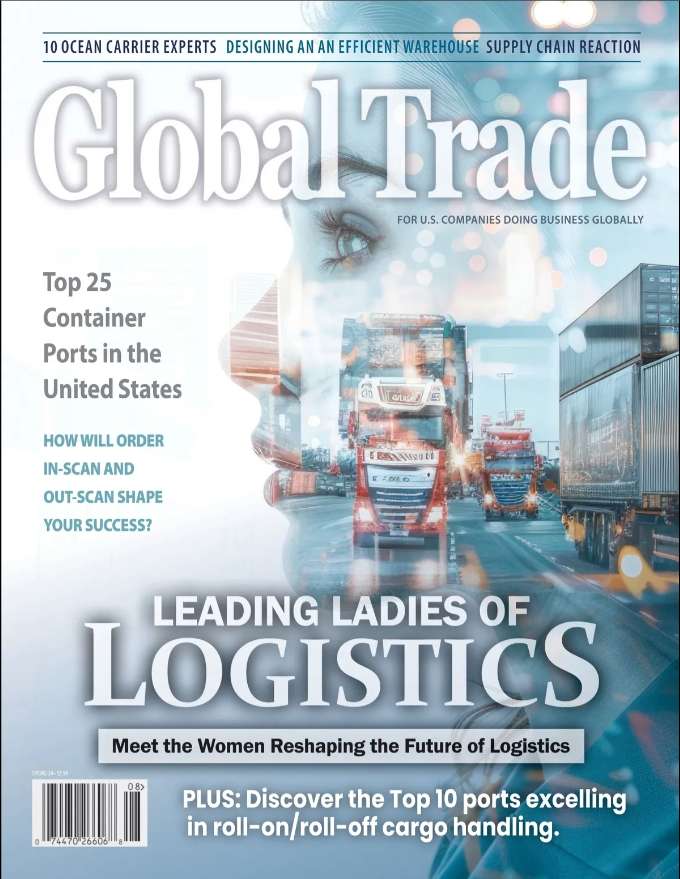Ways to Enhance Healthcare Supply Chain Management
Supply Chain Management (SCM) is needed in an established product manufacturing industry. It entails the sourcing, procurement, moving & storage of products at different stages from the source to the final destination. This covers raw material inputs, work-in-process assemblies & finished products inventory.
Supply Chain Management in Healthcare
SCM within the healthcare scope expands to include not just the end-to-end supply procedure encompassing
- Medical consumables
- Medication
- Allied services
- Capex equipment
But it also includes the part of human life and care, with responsibility right until a patient has consumed a drug or availed a health-related hospital service/procedure.
All these make SCM intricate. These complexities make robust processes and advanced analytics compulsory among general practitioners within the healthcare supply chain. This is to ensure that suitable quality materials continue to be made available at the right cost and quantity and at the appropriate time.
The availability of quality materials is what makes you get the best treatment and care in a doctor’s office. Your primary care doctor can serve you better and help you recoup when they have been well equipped.
However, inefficiencies often crop up among general care physicians. This is because of the outsourcing of ability to logistics service providers without proper control. There is cross-border nature of various products and complex rules that are not adequately understood.
Although some are aware of the top ways to enhance the entire management process by solving the problems, some still have no idea how to go about it. Well, if you have no clue how to do this as a primary care doctor, you are in the right place.
What is Healthcare Supply Chain Management?
Healthcare supply chain management refers to the monitoring and management of the movement of medicines, medical equipment, and healthcare services from the producer, to the primary health doctor, to the patients.
It helps ensure that general healthcare practitioners and patients get the prescriptions and treatments they need when and where they need them. Supply chain management in hospitals is essential because it improves efficiency and productivity.
Top 5 Ways to Enhance Healthcare Supply Chain Management
When general care practitioners have all the necessary equipment and services, they offer healthier patient care. Supply chain management also minimizes wastage in an organization. It achieves this by ordering a limited inventory, preventing medical supplies from expiring in storage.
Hence, to effectively enhance this management in your healthcare facility as a primary care doctor, here are the five best ways to go about it.
1. Effective Inventory Management
As a primary care doctor, you lose income, affecting your profit margins when materials expire because your health facility cannot use them. This is why it’s vital to effectively and efficiently manage the inventory process.
Consider implementing a consistent equipment management system to control inventory levels. Ensure that you are ordering the correct volumes of materials. Materials ordered should match the amount your staff uses without risking your patients’ well-being. These supplies should get to the appropriate departments at the right time when needed.
Simultaneously, keep low inventory levels to avoid excess supplies gathering in the storage area. Low inventory has an optimistic effect on your bottom line, and its outcome is indisputable. Inventories can only remain good if providers and suppliers work together to ensure medical products or equipment are used before it expires.
This means that staff handling the medical delivery process must team up with the supply associates. Thus, costs can considerably decrease. There’ll be supply chain management enhancement if everyone can work seriously on inventory management.
2. Effective Pricing System
For smooth functioning, the hospital management must understand the costs of employing an effective pricing system. Make use of cost-accounting systems to get ample information regarding the actual and incremental expenses related to a particular service.
Other accounting techniques to help your pricing system include the medicare cost allocation and charge-to-cost ratio. A hospital pricing system needs planning. It’s best to know the cost-to-charge relationship at the process level. Ensure to capture, check, and manage information on labor, supplies, and other operating costs as often as possible.
After gathering the data, classify it into standard groups for benchmarking and additional evaluation. Examine when cost patterns are falling outside the standard and gauge internally and externally.
It’s also advisable to check your competitors’ prices and compare them with your facility’s prices. You can get this by analyzing available public and commercial databases. Some states in the United States offer data sets that allow health services to benchmark with competitors.
Overall, consider investing in equipment that offers you insights into pricing, cost-lessening opportunities, and how to generate more value. This ultimately helps in enhancing your supply chain management.
3. Establish Metrics to Track and Measure Results
Ensure your supply chain management initiatives entail the tools you need to trace and estimate results over a certain period of time. This will review the use and selection of products. Monitor compliance with conventional protocols to check if they are performing to expectation.
This proactive technique will help determine if there is a need for changes and where you can make amendments for further improvement. Determine the metrics you want to apply. You don’t have to use every benchmark at your disposal. Begin with just some key measurements and increase them as the enhancement process grows.
Using an expert distributor who specializes in the logistics of medical equipment acquisition and delivery to healthcare facilities can help you actualize many of these roles effectively.
4. Develop a Strategic Sourcing Approach
Your hospital can get significant value as a general practitioner by assuming a well-thought-out tactic sourcing approach. First, define the purchasing responsibilities within your purchasing sector.
Before now, the purchasing section was only in charge of handling resources and consumables. But its responsibilities have widened over the years. Nowadays, the sector manages purchased services, IT, and even service contracts.
Outline the roles your group purchasing organization (GPO) should take and know any established local agreements. Examine the flexibility level you want your organization to have concerning GPO conformity.
Nevertheless, your flexibility decision with GPO compliance doesn’t have to be urgent, as it may take a while to understand the trends. If you need assistance, a third party can offer beneficial perceptions.
5. Commitment and Team Building
Before embarking on any project, ensure you have tremendous efficiency in supply chain management to make the process all-time moving. In addition, ensure that the project team comprises delegates of all stakeholders.
This includes primary health physicians, nurses, healthcare departments, material managers, and other staff. This is to enhance support for any price changes and cost-saving ideas you implement.
As a result, you must be extra careful about quality changes and initiatives. Also, general practitioners must ensure that there is no unprofessional conduct in the ordering process, data collection, and other healthcare supply chain procedures.
Conclusion
Enhancing healthcare supply chain management is a bit complex, especially when extensive facilities follow the latest practices rapidly. However, the ways highlighted above are great tactics that can work incredibly for you.
This makes you relevant when people are seeking solutions to health issues. The only thing is your “persistence.” Despite that delivery of medical supplies come under urgency and emergency, not delaying commitments and working on standardizing inventory practices is vital.
Overall, if all these measures can be taken care of by primary care doctors, without a doubt, healthcare supply chain experts would be able to withstand any storm that comes their way.





Leave a Reply